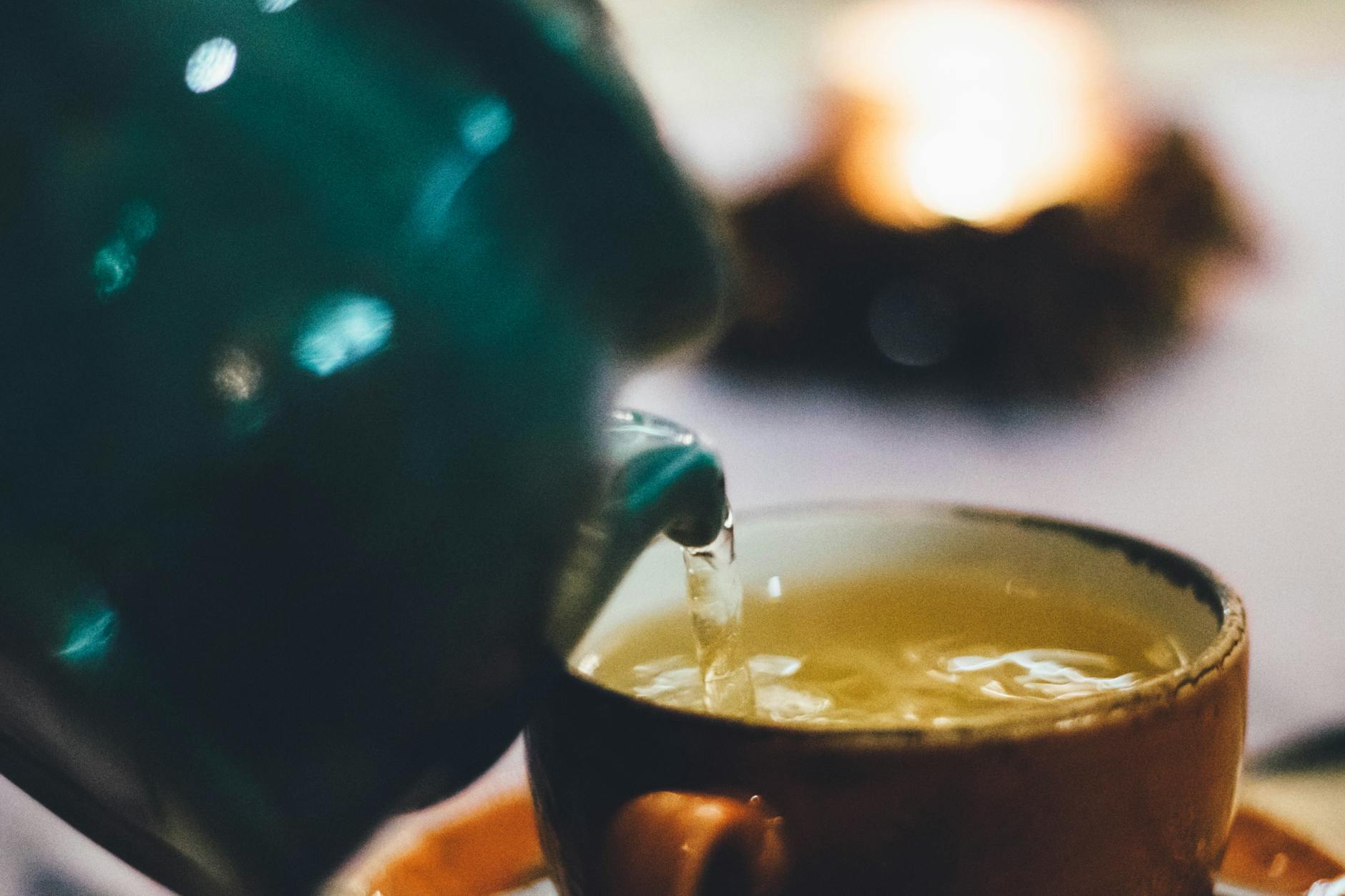
When it comes to green tea, one of the most common questions people ask is whether it contains caffeine. The straightforward answer is yes, green tea does contain caffeine, albeit in smaller amounts compared to other caffeinated beverages like coffee and black tea.
Understanding Caffeine in Green Tea
Green tea is derived from the leaves of the Camellia sinensis plant, the same plant that is used to make black tea and oolong tea. The difference in the type of tea comes from how the leaves are processed. Green tea leaves are steamed or pan-fired rather quickly to stop the oxidation process, which helps in retaining their green color and provides a distinctive flavor profile.
Caffeine Content
The caffeine content in green tea can vary depending on several factors:
- Type of green tea: There’s a wide variety of green teas, including matcha, sencha, and gunpowder. Each type can vary in caffeine content.
- Growing conditions: Factors such as the location and altitude where the tea plants are grown can influence the caffeine levels.
- Processing: The method used to process the leaves can also affect the caffeine content.
- Brewing method: The temperature of the water, the amount of tea used, and the steeping time all play a role in how much caffeine ends up in your cup.
On average, an 8-ounce serving of green tea contains about 20-45 milligrams of caffeine, compared to approximately 95 milligrams in the same serving of coffee. This makes green tea an excellent choice for those seeking a mild stimulant without the strong jittery effects of higher caffeine drinks.
Benefits of Caffeine in Green Tea
Caffeine in moderation can have several health benefits, and when it comes from green tea, these benefits are accompanied by the healthful properties of the tea itself:
- Improved Brain Function: Caffeine blocks an inhibitory neurotransmitter in the brain, which can lead to enhanced firing of neurons and improved concentration and mood.
- Fat Burning: There is evidence showing that caffeine can increase metabolic rate and improve fat burning.
- Antioxidants: Green tea is rich in powerful antioxidants, which can protect against oxidative stress and lower the risk of various types of diseases.
Considerations and Consumption
While moderate caffeine intake is generally considered safe for most people, it’s important to consider your own sensitivity and any health conditions you may have. Some individuals might experience sleep disturbances, anxiety, or digestive issues from the caffeine in green tea.
Moderation is Key
The general recommendation is to limit caffeine consumption to about 200-300 milligrams per day. Considering the caffeine content in green tea, it allows one to enjoy several cups a day without reaching this limit.
Green tea offers a modest caffeine kick along with a plethora of other health benefits, making it an excellent beverage choice for those looking to enjoy a gentle boost in energy and focus. Whether you enjoy your green tea hot or iced, it provides beneficial nutrients and a moderate amount of caffeine suitable for any time of the day.



